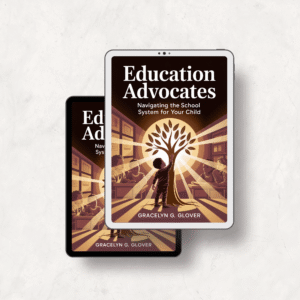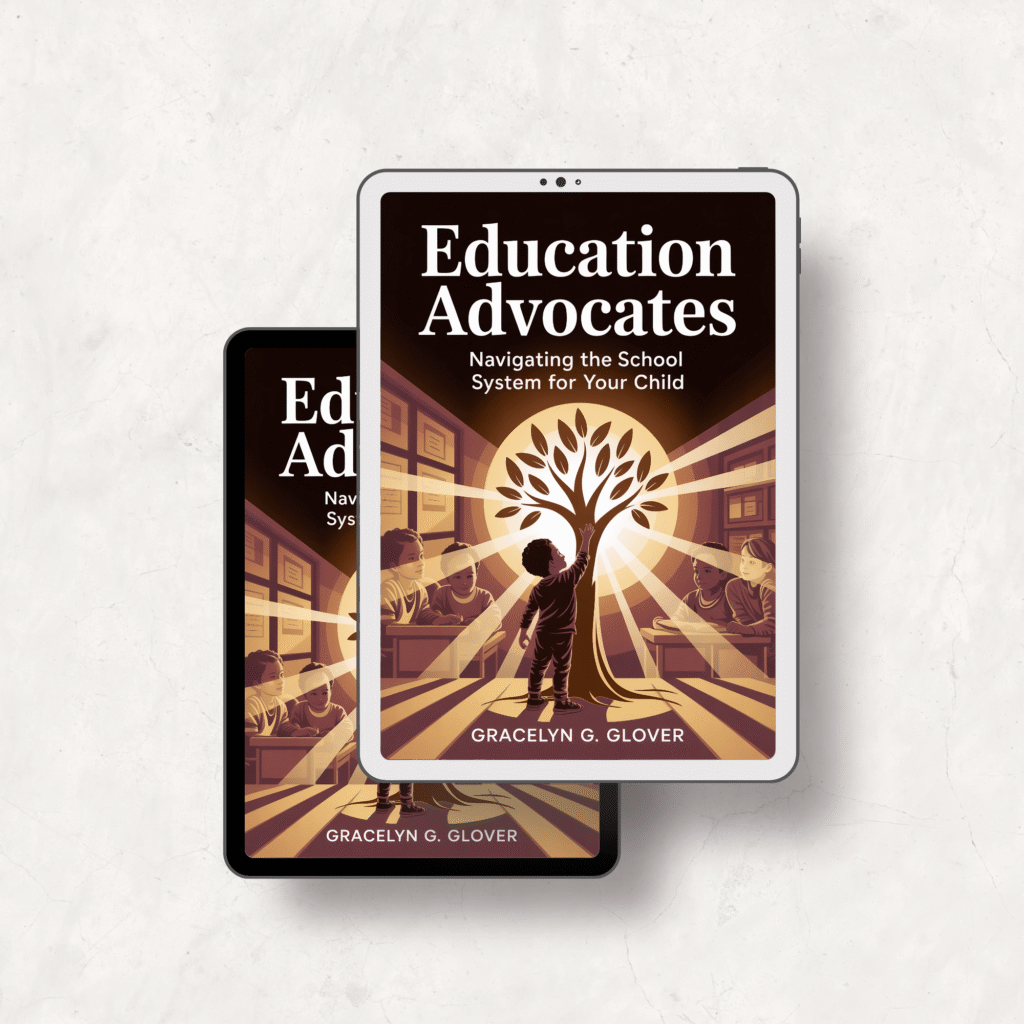Educational Advocacy Guide – Complete Parent’s Manual for Navigating School Systems

Educational advocacy has never been more critical for parents seeking to secure their child’s academic success and proper support within complex school systems. Many parents feel overwhelmed when facing IEP meetings, 504 plan negotiations, and communication barriers with educators. “Education Advocates: Navigating the School System for Your Child” provides the essential roadmap for transforming confused parents into confident advocates who can effectively champion their children’s educational rights.
This comprehensive guide breaks down complex legal frameworks into actionable strategies, offering templates, scripts, and proven communication techniques. Unlike generic parenting books, this resource focuses specifically on educational advocacy skills, providing real-world examples and step-by-step processes for collaborating with teachers, administrators, and specialists to achieve optimal learning outcomes for your child.
What You’ll Discover
- IEP and 504 Plan Mastery: Learn to decode complex legal processes and navigate individualized education programs with confidence and clarity
- Effective Communication Strategies: Master persuasive communication techniques using proven templates and scripts for productive educator collaboration
- Data-Driven Advocacy Approach: Discover methods for gathering, presenting, and leveraging academic data to support your child’s educational needs
- Support Network Building: Develop skills to access community resources and build alliances that enhance your advocacy efforts
- Goal Setting and Progress Monitoring: Implement structured techniques to measure educational progress and adapt strategies for continued success
- Legal Rights Understanding: Gain comprehensive knowledge of educational policies, federal laws, and procedural safeguards protecting your child
Why This Book Matters
Educational advocacy transforms from overwhelming challenge to manageable process when you understand your rights and possess practical tools for implementation. This guide addresses the critical gap between knowing your child needs support and successfully securing that support through school systems. The structured approach emphasizes collaboration over confrontation, teaching parents to build partnerships with educators while maintaining focus on student outcomes.
Real success stories demonstrate how proper advocacy techniques lead to improved accommodations, enhanced communication, and better educational results. The book’s emphasis on evidence-based strategies and legal compliance ensures your advocacy efforts align with educational policies while achieving measurable improvements in your child’s academic experience.
Key Features
This comprehensive ebook spans multiple detailed chapters covering advocacy fundamentals, communication strategies, legal frameworks, and practical implementation techniques. Available as an instant digital download, you’ll receive immediate access to customizable templates, communication scripts, and progress tracking tools. The format allows for easy reading on any device, with printable resources for hands-on practice during school meetings. Also available as audiobook on Google Play Books and Spotify for convenient listening during commutes or while managing busy family schedules.
Frequently Asked Questions
How can this educational advocacy guide help parents navigate IEP meetings effectively?
The guide provides structured meeting preparation strategies, communication templates, and collaboration techniques that transform potentially adversarial IEP meetings into productive planning sessions. You’ll learn to present data effectively, ask targeted questions, and document agreements while maintaining positive relationships with school teams.
What specific advocacy skills will parents develop for special needs education support?
Parents master evidence-based communication strategies, legal rights understanding, and systematic approaches to securing appropriate accommodations. The book teaches goal-setting techniques, progress monitoring methods, and community resource utilization that creates comprehensive support systems for children with diverse learning needs.
Does this book help with understanding educational rights and legal protections?
Absolutely. The guide translates complex federal laws like IDEA and Section 504 into practical understanding, explaining procedural safeguards, evaluation rights, and dispute resolution processes. Parents gain confidence navigating legal frameworks while maintaining focus on collaborative solutions rather than adversarial approaches.
Get Your Copy Today
Transform your educational advocacy approach with this comprehensive guide. Available for instant download at just $6.99, this ebook provides exceptional value compared to expensive advocacy consultations or legal services. Also available as audiobook on Google Play Books and Spotify for flexible learning. Purchase your copy through all major ebook retailers including Apple Books, Barnes & Noble, and Kobo to begin advocating effectively for your child’s educational success today.
Watch the Video Review

